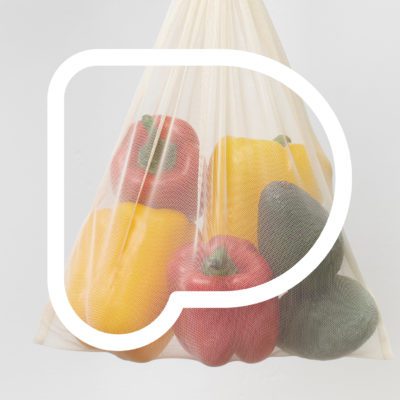
The original idea of a “grocerant” was simple: get grocery store customers to spend more time shopping by offering prepared foods and a sit-down dining experience. But in the wake of COVID-19, restaurants have put a new spin on the “grocerant” concept by offering essential goods of their own. Adding in-demand items to their menu—like bread, cheese, raw meat and even toilet paper—puts unused inventory in the hands of customers who need it, creates a new revenue channel and gives restaurants more power to redefine the role they play in times of crisis.
Here are five tips to help restaurants generate more business as grocerants:
REMIND CUSTOMERS OF YOUR BENEFITS

By offering groceries, restaurants can save customers from making extra trips out to shop. And fewer trips means lower risk of exposure to COVID-19 and decreased risk of those who are asymptomatic exposing others to the virus. Remind customers that they can get much-needed essentials—like milk, bread, eggs, bulk meats, fresh produce or even toilet paper or alcohol for the week—plus their favorite meal in a single delivery or trip.
MAKE PICKUP A BREEZE

In regard to handing off orders, restaurants can offer conveniences—including drive thru and curbside pickup. Restaurants can help make curbside pickup as smooth as possible by setting expectations ahead of time. This could include designated pickup window times, numbered parking spaces, a curbside check-in desk and asking for details about customers’ vehicles to ID customers as they drive up to the storefront.
DETAIL WHAT’S DIFFERENT

As a restaurant, you’ve already established trust in safely preparing and delivering meals, so communicate that the same level of care goes into packing groceries for every order. Additionally, some customers may have concerns about sanitation and safety—especially with items are that are not sealed the same as their menu orders may be, which you have likely already addressed as part of your standard operations.
OFFER MEALS FOR NOW & LATER

Instead of only selling essentials à la carte, some restaurants are offering “take-and-bake” meals that customers can prepare on their own or as a family, which includes pre-portioned sets of ingredients along with simple recipe cards. Others have even gone a step further by hosting virtual cooking events or creating video content to help customers prepare their meals at home.
LOOK AHEAD & GIVE BACK

Even as restaurants slowly start to reopen, opportunities to add value for customers, like offering groceries, will continue to be important to bring in business. In fact, according to a survey conducted by QSR Magazine, the top three offers currently most attractive to to-go customers are discounts for dining in later, expanded delivery zones and knowing that a portion of their order is supporting people affected by the virus. So continue to look outside of the box to find innovative ways to meet the needs of customers during this time when they need it most.




